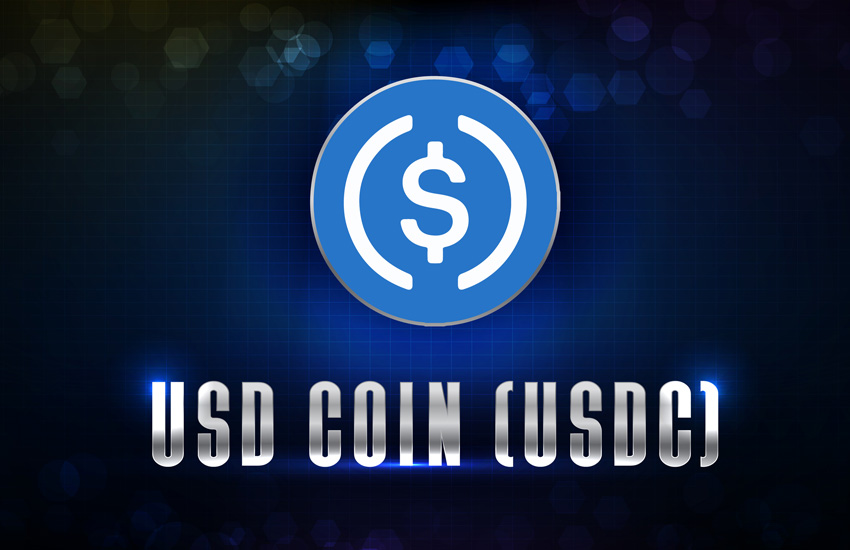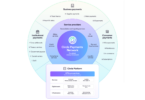Circle, the fintech best known for the USDC stablecoin, is going public by merging with the special acquisition (SPAC) vehicle Concord Acquisition Corp (CAC) listed on the NYSE. The transaction values Circle at $4.5 billion and the company will have assets of more than $1.1 billion.
Jeremy Allaire will stay on as CEO. The Chairman of CAC is Bob Diamond, the former CEO of Barclays Bank, who stepped down after regulator intervention over Barclays’ involvement in manipulating the LIBOR interest rate benchmark. Although Barclays was not the only culprit, the manipulation contributed to the abandonment of LIBOR as the benchmark interest rate. The Financial Times described Diamond as the ‘face of “casino” capitalism’. Diamond will join Circle’s board.
Under Circle’s management, the USDC stablecoin has grown from a market capitalization of around $1 billion a year ago to $25 billion today. The stablecoin was founded by Centre, a joint initiative with Coinbase, but is managed by Circle on a day-to-day basis. According to Circle’s announcement, the USDC has supported more than $785 billion in on-chain transactions.
While the initial focus of USDC was on payments, the boom in decentralized finance (DeFi) and DeFi based lending, in particular, has made the USDC attractive for depositors who can earn far higher interest rates compared to those available from banks. The reason is cryptocurrency owners want to hold or keep unrealized gains on their assets. So they use their holdings as security to borrow money – USDC – for additional trading or everyday purposes. Circle is not directly involved in the lending.
Last week, the Stablecoin sector had a big boost when the Vice Chair of the Federal Reserve, Randal Quarles, stated he does not currently support a digital dollar central bank digital currency, saying “we do not need to fear stablecoins.”
Meanwhile, the $1.1 billion in capital for the merged company is made up of $440 million in funding that Circle announced at the end of May, which it turns out was a convertible note, $284 million held in the SPAC, and an additional $415 million from a PIPE (private investment in public equity). Existing shareholders will own roughly 86% of the entity. Institutional investors in the PIPE included Marshall Wace, Fidelity Management & Research, Adage Capital, accounts advised by ARK Investment and Third Point.
The deal is expected to close in the fourth quarter of this year.






